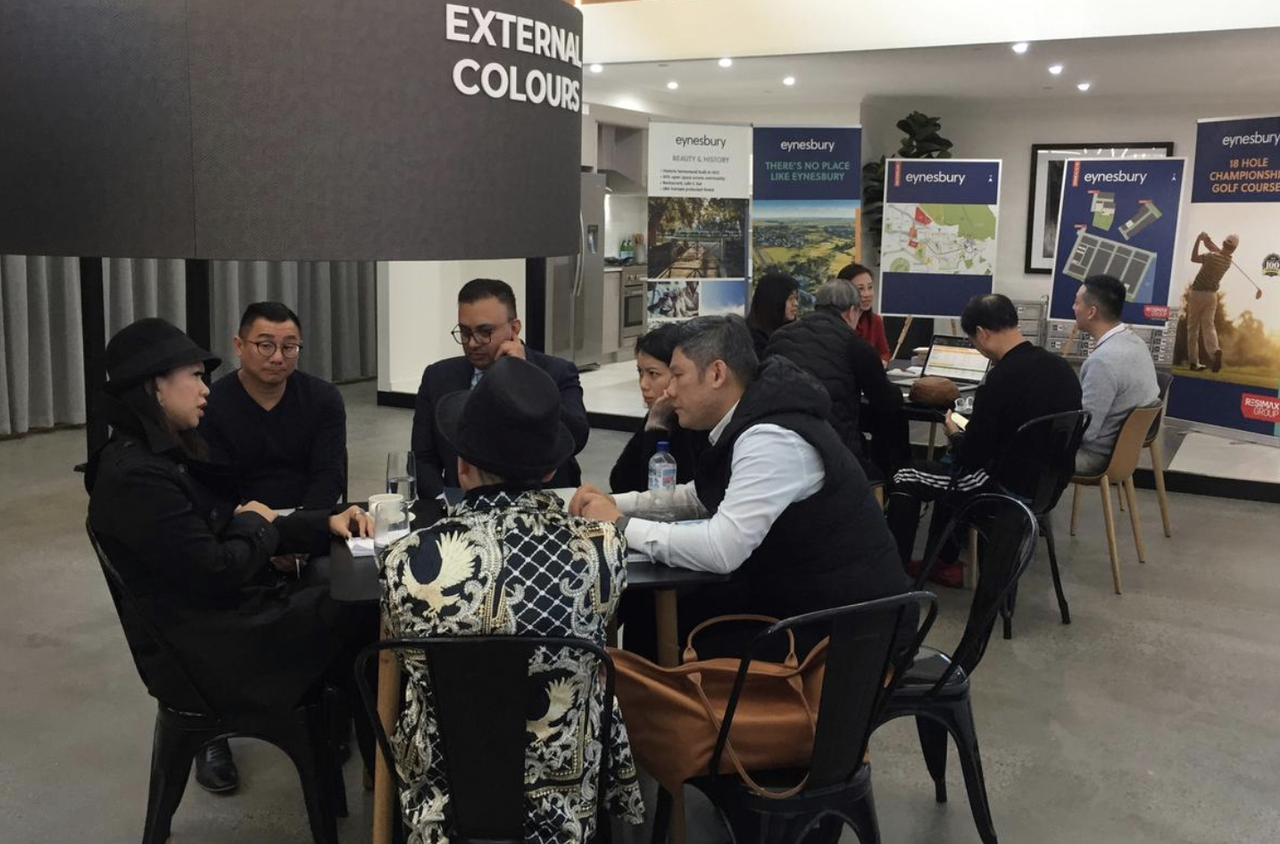
"We Need A Back-Up Plan": Middle-Class Hong Kongers Look To Emigrate As Protests Drag On, Rents Crash
Tyler Durdan
Hong Kong's wealthy elite didn't wait long before they started moving assets abroad after the anti-extradition bill protests morphed into a broader pro-democracy movement over the summer. Apparently, they could sense where the wind was blowing. Now, Hong Kong's rank-and-file are starting to catch up.
According to Reuters, as the pro-democracy demonstrations stretch into the fall with no end in sight, more Hong Kongers are starting the lengthy process of relocating outside the special administrative region. Many are looking to join family in areas with large Chinese immigration populations - cities like Sydney, Australia and Vancouver, Canada.
The city government recorded what appears to be a surge in applications for migration. Since these types of data aren't as readily available in HK as they are in the US, here's how Reuters arrived at this conclusion: Requests for police-record printouts (which cost HK$225, or about $29) have jumped more than 50% in the month of August compared with last year. These records, according to Reuters, are only issued for visa applications or child adoptions. From what the news agency can tell, the number of adoptions has remained roughly constant. Last year, the city estimates that 7,600 citizens left HK for good.
Plus, attendance at emigration seminars, which help Hong Kongers learn and understand the complex process of leaving China, has soared. Via conversations with regular Hong Kongers, reporters got the sense that many who own property in the city feel that now might be the best time to capitalize on HK's still frothy property market, sell, and move elsewhere. The protests have also started to have an impact on the city's notoriously high rents, which have fallen in recent months along with property values.
On the other end, authorities in Malaysia, Australia and Taiwan have reported a spike in emigration inquiries and applications. Property agents also told Reuters that their phones are ringing 'off the hook'.
One investor who spoke with Reuters after buying a house-and-land package in suburban Melbourne said her motives are simple: She wants to provide a stable home for herself and her child because, as she said, "there are many uncertainties in Hong Kong."
"There are many uncertainties in Hong Kong," one investor on a property agent’s late-August tour of suburban Melbourne said before, laying out A$600,000 ($410,000) for a house-and-land package.
"People like me in their 40s and 50s - we think about our child," said the investor, who gave only her family name, Lee, because her employer forbids speaking to the media.
"We want a back-up home, a better place to live," she added. "At least if something bad happens, they have a back-up plan, an exit plan."
Reuters reported that Lee's sentiments were echoed by 10 other families that agreed to be interviewed for the story.
Though there are no official data tracking immigration out of Hong Kong, at least one of Reuters sources believes the volume of people seeing to emigrate now is higher than it was back in 2014, when the last round of pro-Democracy protests roiled the city.
"The numbers are the highest in recent years, even higher than 2014," said Peggy Lau, a sales director at Uni Immigration Consultancy in Hong Kong, where enquiries have surged sevenfold since protests began in June.
To be sure, there is no official data tracking emigration applications from Hong Kong, which has a population of about 7 million. Nor is there evidence of departures or cash outflows on the scale of those in the aftermath of the 1997 handover from Britain to China.
But there are firm signs of preparations.
Favored destinations such as Malaysia, which is relatively cheap, and Taiwan, which is culturally similar to Hong Kong, show sharp rises in interest.
At Johor, near Malaysia’s southern tip, property consultant Bruce Lee said Hong Kongers have poured into a project called Forest City, developed by China’s Country Garden Holdings Co Ltd, buying 800 units since June.
That compares with 200 units purchased between then and 2016, when sales began.
In Taiwan, the number of visas issued to Hong Kongers in June and July was 38% higher (at 884) than during the same period from a year ago, according to the island’s Ministry of the Interior National Immigration Agency. Given the sudden upswing in violence during the month of August, it's likely that the number of applicants continued to climb. In Australia, authorities confirmed to Reuters a "significant" increase in visa applicants from Hong Kong, but declined to give specific information. In New Zealand, applications for residency visas from Hong Kong passport holders hit 34 in June and 44 in July, modestly higher than the average of 29.
Property agents report that they're already beginning to shift their focus away from Hong Kong's real estate market, as prices edge lower for a second straight month, and are beginning to focus on finding new homes for Hong Konger clients in Taiwan and elsewhere.
There are no signs yet of an effect on prices in destination markets, but demand is strong enough that agents and developers say they have begun actively courting Hong Kongers.
"We see there is an opportunity," said Ken Dodds, sales director at Melbourne homebuilder Resimax, which hosted 43 Hong Kong investors last month, after previously focusing on buyers from Malaysia and Singapore.
"People are keen to look for a safe haven," he said, adding that the investors bought or reserved a dozen properties, which he described as a "great" result.
And while destination markets haven't seen much of an impact on prices, many suspect that a "safe haven" premium could soon arise in popular markets around Taiwan, and elsewhere.
https://www.zerohedge.com/geopolitical/we-need-back-plan-middle-class-hong-kongers-look-emigrate-protests-drag

